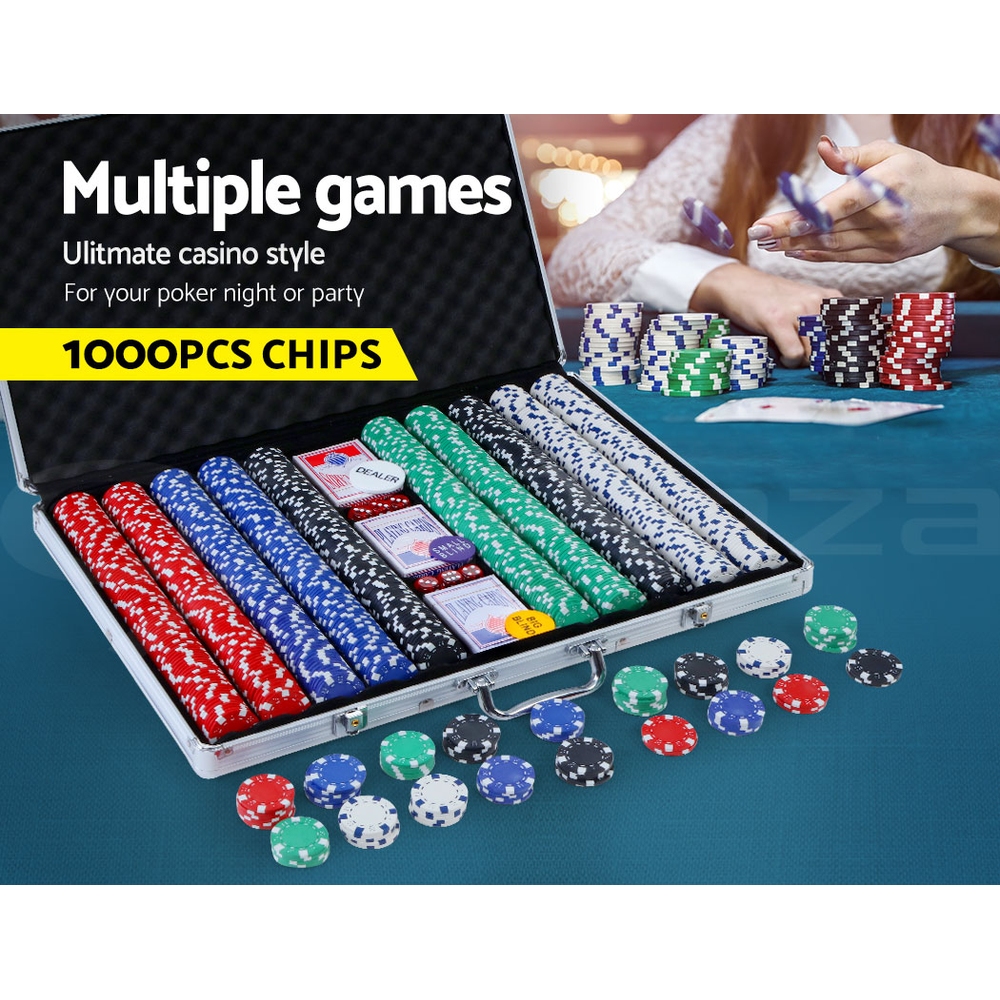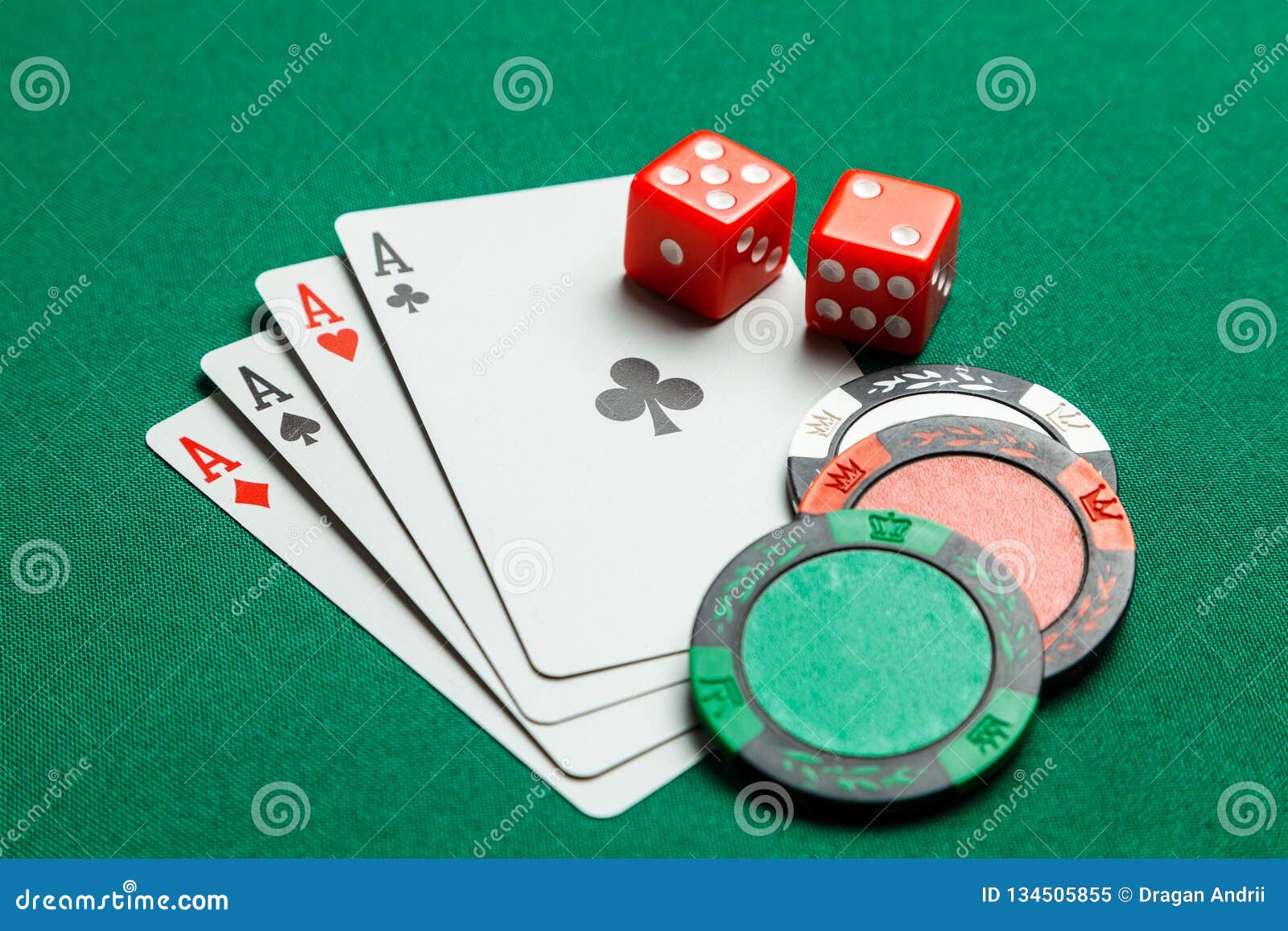

However, the casino may only pay 4 times the amount wagered for a winning wager. For example, if a game is played by wagering on the number that would result from the roll of one die, true odds would be 6 times the amount wagered since there is a 1 in 6 chance of any single number appearing, assuming that the player gets the original amount wagered back. The players' disadvantage is a result of the casino not paying winning wagers according to the game's "true odds", which are the payouts that would be expected considering the odds of a wager either winning or losing. Players possessing sufficient skills to eliminate the inherent long-term disadvantage (the house edge or vigorish) in a casino game are referred to as advantage players. Some casino games have a skill element, where the players' decisions have an impact on the results. Random numbers games found in casinos include:Ĭasino games typically provide a predictable long-term advantage to the casino, or "house", while offering the players the possibility of a short-term gain that in some cases can be large.

Gaming machines found in casinos include:


CASINO POKER DICE NEW GAME SHACKLEFORD GENERATOR
Random number games are based upon the selection of random numbers, either from a computerized random number generator or from other gaming equipment. Table games are usually conducted by casino employees known as croupiers or dealers. Tables games, such as blackjack or craps, involve one or more players who are competing against the house (the casino itself) rather than each other. Gaming machines, such as slot machines and pachinko, are usually played by one player at a time and do not require the involvement of casino employees to play. There are three general categories of casino games: gaming machines, table games, and random number games. Overhead view of a casino floor with table games (bottom) and slot machines


 0 kommentar(er)
0 kommentar(er)
